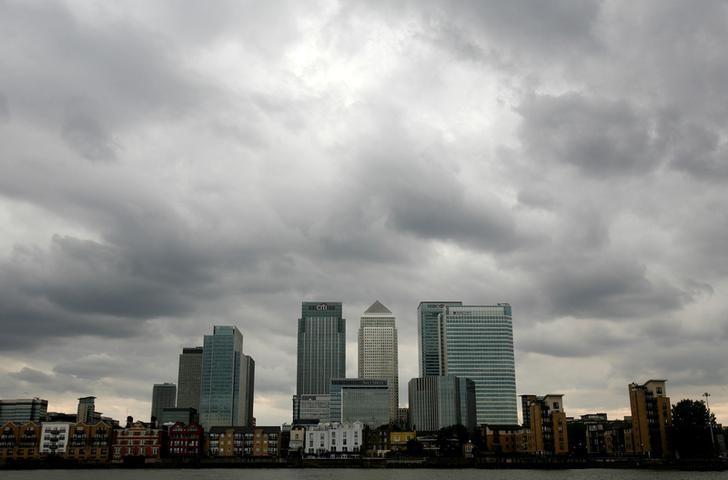Aligning UK bank rules with EU is best after Brexit

LONDON - Britain should focus on convincing the European Union that it will abide by rules that are robust enough for its financial sector to continue serving customers across the bloc after Brexit, a think tank said.
In its "Blueprint for Brexit" paper, think tank Politeia said Britain should not seek to preserve "passporting" rights for financial services at all costs.
Under current EU rules, a bank authorised in London can serve customers across the bloc in return for Britain respecting unfettered free movement of EU citizens.
British Prime Minister Theresa May has said there must be some controls on immigration once the UK has left the EU, a step EU leaders have said would mean ending full access to the European market.
The blueprint written by Barnabas Reynolds, a partner at international law firm Shearman & Sterling, proposes two models for "re-booting" the UK financial sector after Brexit without cutting off access to Europe.
Reynolds was the first after the Brexit vote to propose an equivalence model, which caught the attention of the government. The paper fleshes out his ideas and is likely to be closely read by ministers who need to come up with a negotiating position.
The first "expanded equivalence" model builds on an existing EU framework that gives firms from a non-EU country access to the bloc if their home rules are equivalent or similarly strict.
This would allow for the removal of some EU rules and a reworking of others, although there would still be some constraints on British regulation after Brexit, Reynolds said.
If this model is not possible, an alternative "financial centre" model is proposed in the 105-page paper to be launched on Thursday.
Under this model Britain would reconsider its entire regulatory framework to develop an "attractive, market friendly" set of rules.
This would, however, still take into account the need to protect consumers and financial stability, meaning no return to the light-touch regime of the 1990s.
"Whichever model is adopted, the UK must ensure it continues to be a key centre for the trading and clearing of instruments denominated in any globally important currency, including the euro," the paper says.
The government is in the process of planning for formal divorce talks with the EU by the end of March.
Mark Garnier, a government minister, said last month that Britain must find a mechanism that offers access to the EU market with safeguards to the equivalence regime.
Bank of England Governor Mark Carney said last week that equivalence could be a way forward if there is an independent dispute resolution body, coupled with safeguards against Brussels withdrawing equivalence at short notice. -Reuters







